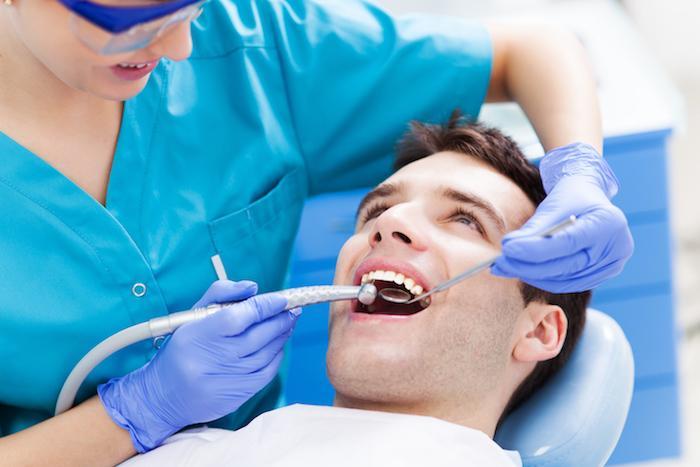
Pretty much everyone experiences the unpleasant feeling of having a dry mouth now and then, but if it happens to you regularly, it may be a chronic issue that needs to be addressed to protect your oral health.
At Nobel Dentistry, Dr. Abraham Nobel and his staff know that a dry mouth is uncomfortable but also realize that it can represent a real threat to the health of your teeth and gums, and it can be a symptom of a more serious health issue. In this post, we discuss the causes of dry mouth, as well as complications that can result and treatments that may help.
The reason for your dry mouth
It isn’t unusual to have a dry mouth occasionally. Maybe you get busy and forget to drink water, or perhaps your office or classroom is too warm and no water is available. If that happens and you drink something and feel better, you probably don’t have the medical condition of xerostomia—commonly referred to as dry mouth.
However, if you drink something and your mouth still feels pasty or sticky, you may have a bigger problem. Underactive salivary glands don’t produce enough saliva to allow your mouth to function well. Some of the common reasons for underactive salivary glands include:
- Aging
- Certain medications
- Chemotherapy
- Radiation treatments
- Diabetes
Dry mouth isn’t considered a normal part of aging. However, as you age, you’re more likely to take medications that cause dry mouth.
Why saliva matters
Saliva is important to the health of your mouth for several reasons. The main one is that saliva neutralizes the acids that bacteria produce in your mouth. It also helps keep your mouth moist, which protects the soft tissues.
Along with those important functions, saliva also begins the process of digestion. It contains enzymes that begin breaking down your food, and it helps to make it easier for you to chew and swallow.
What happens when you have dry mouth
As you can see, saliva is crucial to having a healthy mouth. When you don’t have enough, complications can result. Several issues are common in people with chronic dry mouth, including:
- Dry, chapped, and cracked lips
- Bad breath
- Tooth decay
- Gum disease
- Mouth sores
- Oral yeast infections
To protect your oral health, you should seek treatment if you suspect you’re dealing with chronic dry mouth.
How we treat dry mouth
If Dr. Nobel determines that you have dry mouth, we can offer effective treatments to protect your oral health. Prescribing a medication to stimulate saliva production may be a good first step. He may also suggest using an overnight tray with fluoride or getting an in-office fluoridation treatment.
If you take medications that could be causing dry mouth, you may want to talk to your doctor about the issue to find out if there’s an alternative. Over-the-counter mouth rinses, sprays, and gels that contain xylitol can help relieve dry mouth, and using high-quality lip balm to protect your lips is important as well.
Be sure to rinse your mouth frequently with water to keep the tissues inside well-hydrated. Keeping water at hand throughout the day so that you can sip frequently can also relieve symptoms. Avoiding caffeine, cigarettes, decongestants, and antihistamines may also help.
If you suspect you have chronic dry mouth, schedule an appointment at Nobel Dentistry. We want you to enjoy optimal oral health, and saliva production is necessary.
